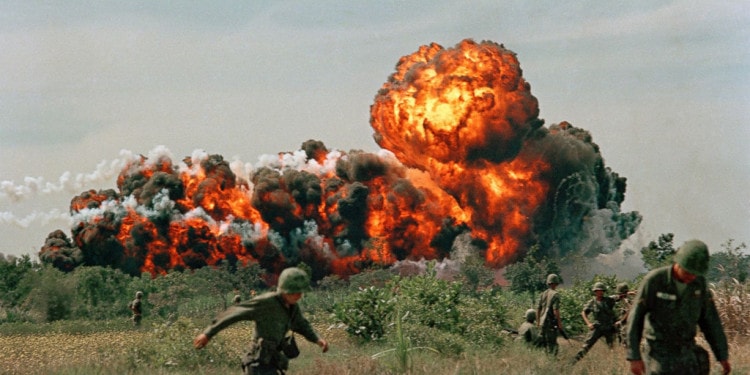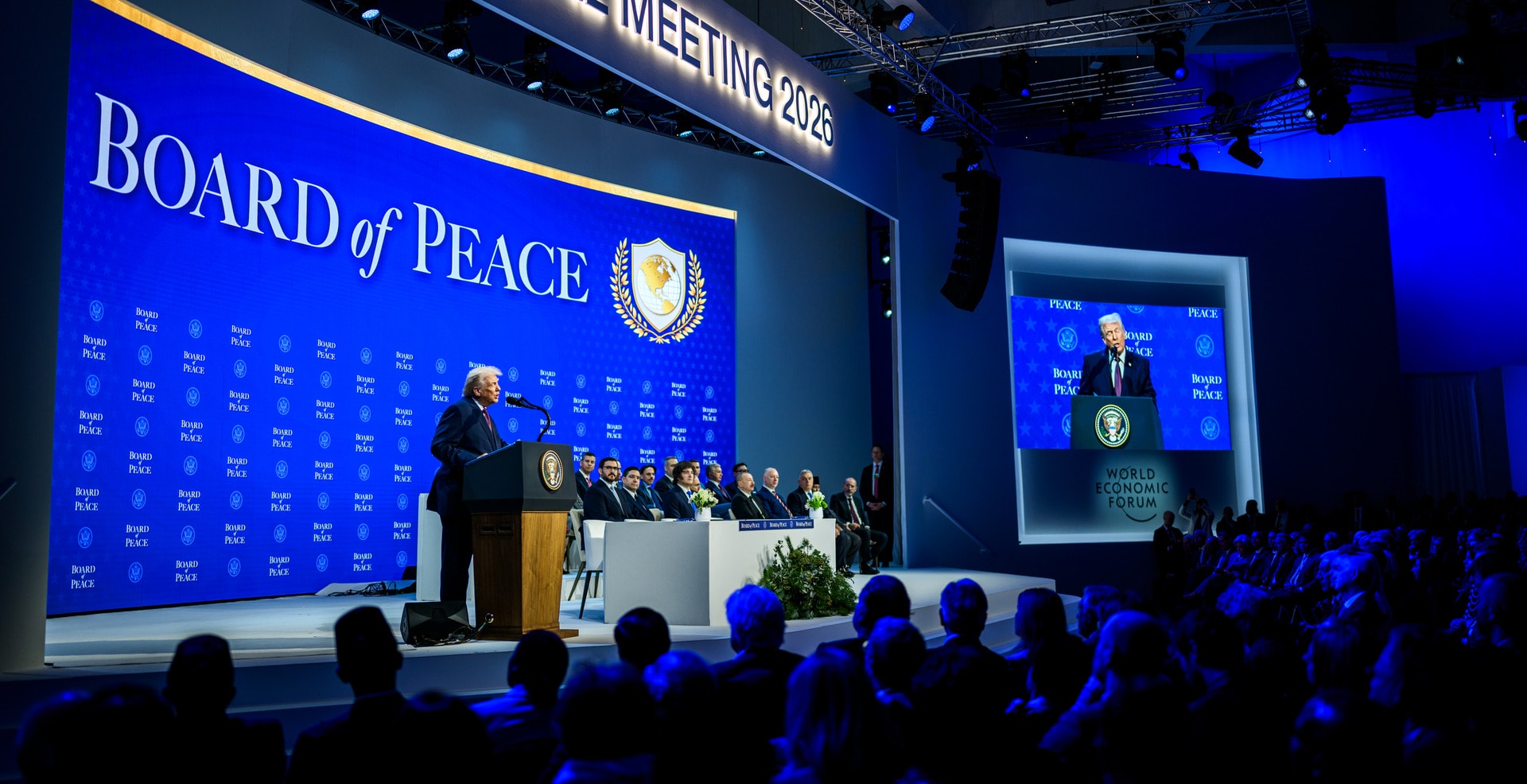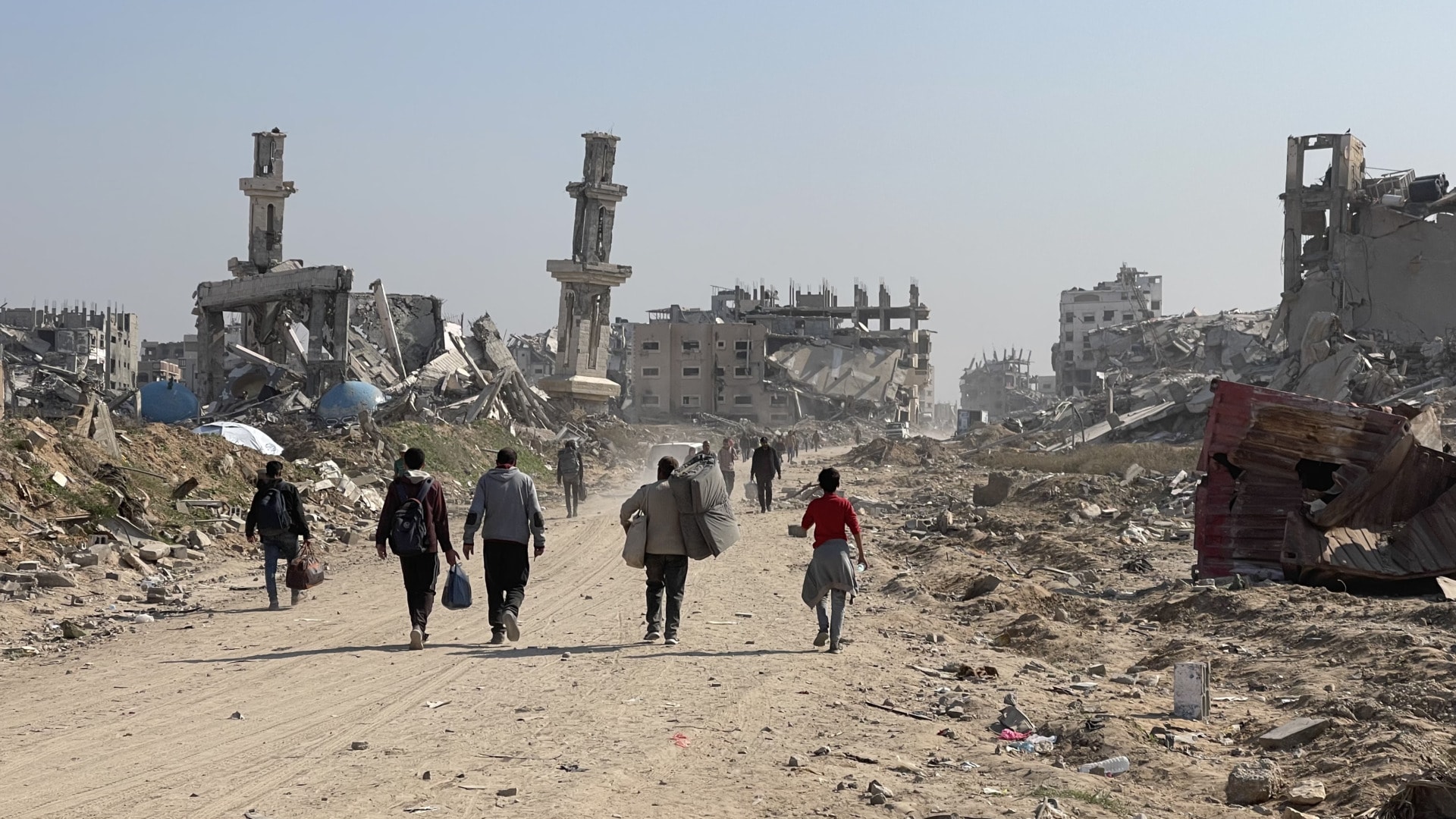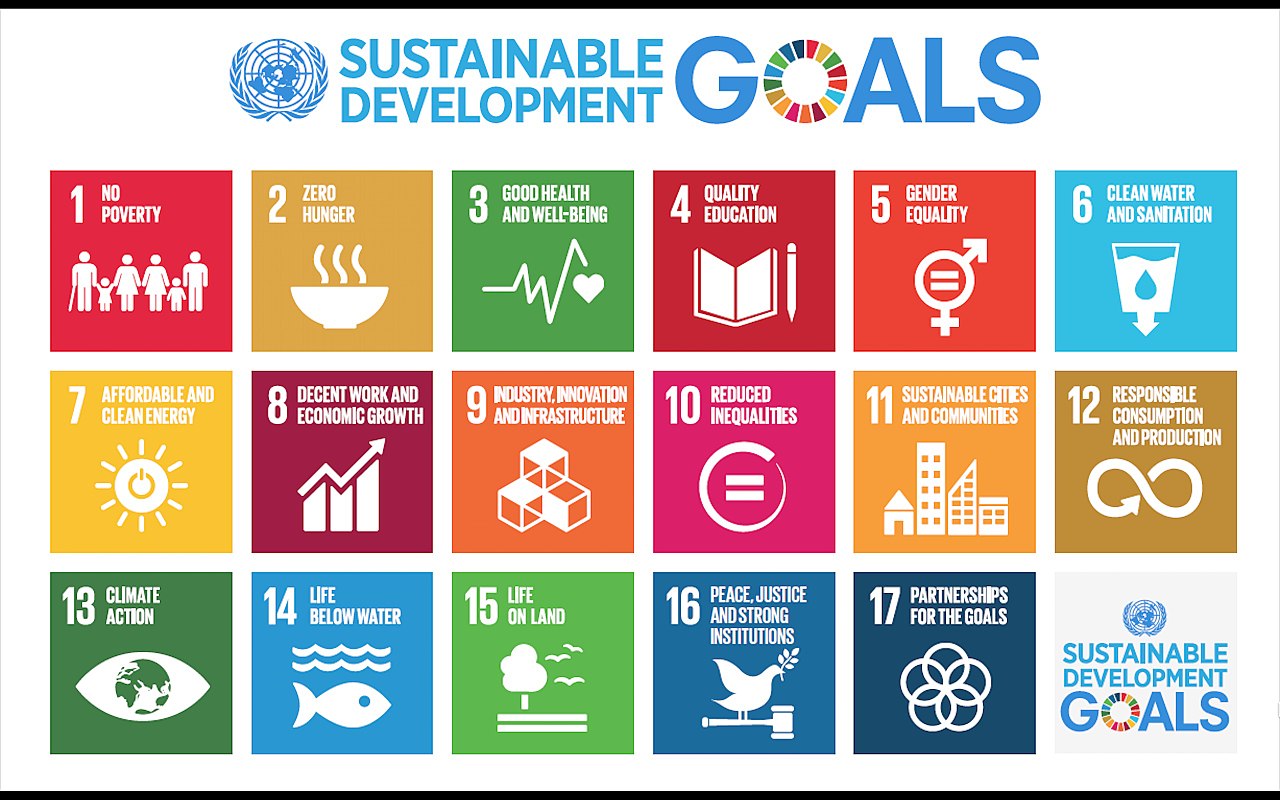The international community must recognise democratic freedoms and social justice as basic principles in order to secure lasting world peace. Only then can a global civil society develop in which men, women and children can live without fear of discrimination, oppression or persecution and be granted access to education, basic health care and decent living and working conditions. The arbitrary restriction of civil liberties and serious violations of fundamental human rights cannot be tolerated, not even in the fight against terrorism.
Despite the guarantees of the UN’s General Declaration of Human Rights and numerous international agreements, crimes against humanity, and discrimination and persecution based on race, religion, gender or political persuasion persist. The Nuremberg Trials put an end to the doctrine that heads of state enjoy immunity against prosecution for crimes against humanity. Today, there are instruments of international law that can be used to track down these crimes. The creation of the International Criminal Court has allowed dictators and criminals worldwide to be prosecuted and brought to justice. Respect for human rights can only be guaranteed when these rights are enforceable by being enshrined in international and national law.
The primary task of international law has traditionally been to regulate relations among nation-states. Diplomatic interventions in the affairs of individual states have been the exception. Today, however, international law includes the protection of individual human rights.
Until World War I, armed conflict was understood as the “continuation of politics by other means”. The horrific experiences of WWI fundamentally changed the international community’s attitude to war as an instrument of politics and therefore the role of international law itself. The use of poison gas and weapons of mass destruction during the hostilities led to immeasurable human suffering. War came under social and moral scrutiny, leading to the creation of the League of Nations and a collective security system, in which war became a concern of the entire international community, and not only an affair between individual nation-states. In 1928, the Kellogg-Briand Pact, which was signed by almost all countries in the world, officially made the idea of war as a continuation of politics by other means illegal and enshrined into international law for the first time an international ban on wars of aggression. The German invasion of Poland in September 1939 violated this international agreement and marked the beginning of the Second World War. After the War, the Kellogg-Briand Pact formed the legal basis of the Nuremberg Trials and the Tokyo War Crime Trials, by which major German and Japanese war criminals were brought before a court or tribunal.
The Nuremberg Trials against Nazi war criminals initiated a development in the implementation of international law, reflected in the requirement that states comply with the UN Charter, and led to the creation of the International Criminal Court and later, the formation of the Tribunal for War Crimes in former Yugoslavia.
The horrific experiences of World War II, including the use of nuclear weapons, resulted in the establishment in October 1945 of the United Nations, whose purpose was to prevent such wars in the future, which led to the adoption of the UN Charter. Article 2(4) of the Charter established a general prohibition against the use of force, which includes acts of violent repression below the threshold of war, clearly marking an advance over the prohibition against war in the Kellogg-Briand Pact. The only exception to the general prohibition of force was Article 51 of the Charter, which allows states to defend themselves against armed aggression. The UN was the first international organisation to be able to enact and enforce legally binding international conventions and sanction nation-states for violations of international law. On October 10, 1948, the UN General Assembly promulgated the Universal Declaration of Human Rights, in which the community of nations first articulated rights to which all human beings are entitled.
The newly formed Council of Europe marked a further milestone in the establishment of universal human rights through the creation of the European Convention on Human Rights (ECHR), formerly the Convention for the Protection of Human Rights and Fundamental Freedoms, which was drafted and opened for signature on September 4, 1950. The Convention, like other UN treaties, required ratification by a minimum number of signatory members and entered into force on September 3, 1953. Great Britain was the first country to ratify the Convention in 1951. In 1966, the United Nations drew up two Covenants on Human Rights: The Covenant on Civil Rights and Political Rights, and the International Covenant on Economic and Cultural Rights, key elements in the global system of legal protection for human rights and civil liberties.
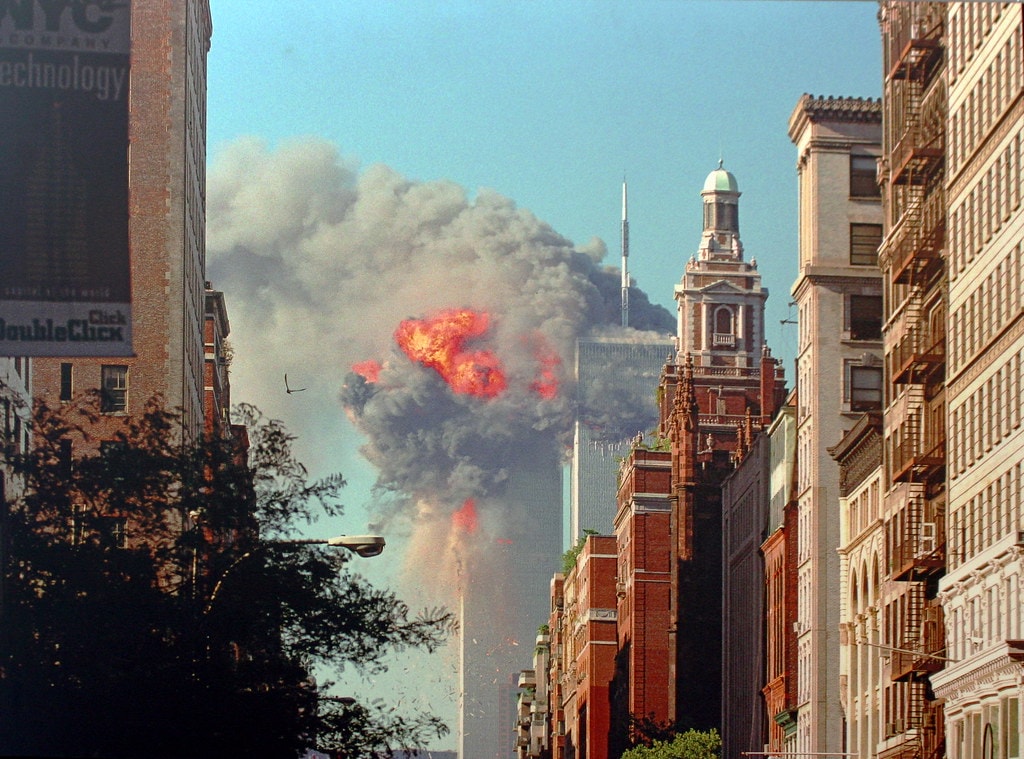
Three institutions were of utmost importance for the integration of human rights and fundamental freedoms with Europe: The Council of Europe, whose members established the European Court of Human Rights; the Organization for Security and Co-operation in Europe (OSCE); and the European Community, from which the European Union emerged. The focus of the Council of Europe, the oldest of these organisations, is primarily compliance with and development of human rights. The European Convention on Human Rights and the European Court of Human Rights have significantly contributed to the adoption of international criminal law into national law, increasing the fundamental importance and efficacy of international law. For infringement of violations in the ECHR, individuals could now, for the first time, bring charges in the European Court of Human Rights against the offending signatory state.
The terrorist attacks on September 11, 2001, abruptly changed the global security situation: armies were no longer facing off against one another on the battlefield but ‘nonstate actors’ (in this case Al Qaeda), were engaged in highly visible terrorist attacks aimed at civilian population centres. Not since Pearl Harbor had the American public felt such shock at the country’s vulnerability. The US government responded by passing the USA Patriot Act. An international coalition of countries under the leadership of the United States, citing Article 51 of the UN Charter, declared a ‘war on terror’ as an act of self-defence.
The war against the Taliban in Afghanistan followed, as well as the targeted kidnapping and killing of known or suspected terrorists in secret prisons or detention camps in violation of human rights, including the right to a fair trial and the prohibition against torture. These actions were clearly in violation of the UN’s mandate to enforce human rights worldwide. Consequently, the UN General Assembly explicitly emphasized the requirement to respect human rights, even in the fight against terrorism, in Resolution 60/288. The global war against terrorism must be fought in strict compliance with international human rights laws, in order to protect the rule of law; especially in cases of emergency or extreme situations, this is essential to opposing every form of barbarism. At the same time, the national implementation of Resolution 1540 of the UN Security Council is a key element for the functioning of international law because the signatory states commit themselves to prevent terrorist groups from gaining access to weapons of mass destruction. The application of international humanitarian law in armed conflicts remains binding for every nation-state, even while engaged in a ‘war on terror’.
The international community can take three principle steps in dealing with recalcitrant states that fail to comply with agreements in international law. The first step is to offer targeted structural development assistance to stabilise these states and help them comply with international standards. The second step involves so-called “backstopping” or establishment of an international criminal court, as happened in Rwanda. The presence of an international criminal court is meant to encourage national governments to create a functioning legal system, thereby rendering the presence of an international tribunal ultimately unnecessary. Professor William W. Burke-White of the University of Pennsylvania, an expert in international law and international institutions, and Anne-Marie Slaughter, director of the think tank “New America” point out in their article, “The Future of International Law is Domestic (or The European Way of Law)”, that these first two steps sometimes do not achieve the desired results, requiring the implementation of a third step, ranging from diplomatic isolation to economic sanctions and, in extreme cases, to the use of military force under the command of the United Nations. An example is the 2008 UN peace mission in Sierra Leone, which used external military intervention to restore peace and security.
The development of international law allows for the restriction of national law, the domaine réservé, especially in cases of gross and systematic violations of human rights. The future of international law lies in its ability to successfully influence national law and thus domestic policies, and thus to mandate, bolster or stop specific domestic political actors. The increasing interaction between international and national law reflects a general increase in the number of international agreements and the increasing number of responsibilities transferred to international organisations like the UN. Accordingly, the options for intervention by individual nation-states have steadily reduced in recent years. Chapter I art. 2(7) of the UN Charter offers an example of a voluntary restriction of individual states in favour of UN powers to intervene in areas that are actually internal domestic matters.
Conclusion
The European Union is a successful example of a union of nation-states committed to liberal and democratic values of EU law and the European Convention on Human Rights – the ratification of which is a prerequisite for membership in the EU – despite the countervailing winds of right-wing populists like Hungary’s Prime Minister Viktor Orbán.
The landmark decisions of the European Court of Justice and the European Court of Human Rights to define the ECHR as an equal source of law is of fundamental importance for human rights in the EU. Although greater international cooperation and delegation of more and more tasks to international organisations like the UN and the threat of global terrorism have led to a strengthening of international law, in response to changes in the global security architecture in the US and Europe, security and anti-terrorist laws have been adopted that have led to severe restrictions on civil liberties.
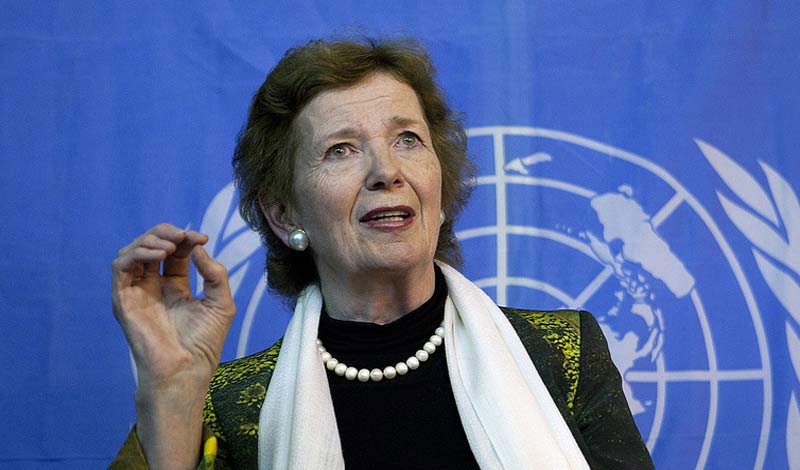
Two years after the 9/11 terrorist attacks, the former UN High Commissioner for Human Rights, Mary Robinson, found that the new international war on terror had led to the introduction and justification of new repressive laws and practices. One of the most questionable practices in the ‘war on terror’ is the attempt to use national security threats against not only totalitarian regimes, but other governments, as a pretext for advancing one’s own interests against political opponents, including the use of measures like arbitrary detention of government critics or political opponents or severe restrictions on the freedom of the press, freedom of assembly and other civil liberties. Such methods, which are diametrically opposed to UN human rights treaties and the ECHR, are routinely used in countries such as China, Russia or Turkey.
Turkey’s recent invasion into northern Syria after President Trump’s decision to withdraw American forces illustrates how cynically President Erdogan is willing to violate international laws to expel and systemically destroy the YPG and Kurdish militia. The Turkish military action not only destabilises Syria but also strengthens ISIS and turns hundreds of thousands of people into refugees. Unfortunately, because of the Hungarian veto, the EU was unable to pass a joint statement condemning the illegal invasion of Turkey into Syria and warning Turkey of the consequences.
Hungary has already refused to accept refugees in the past, showing that it respects neither the EU nor international law. Indeed, the politics of Trump, Orbán and Erdogan seeks to destroy the hope of millions of people for a free, peaceful and democratic society. The use of veto power to prevent a joint declaration of the EU is not in accord with EU values.
Future foreign policy decisions in the EU need to be made by a qualified majority in order to act in concert on matters of foreign policy and override vetoes (like Hungary’s), which only hinder their ability to do so. With respect to Syria, a useful step forward could be to establish a broad demilitarised zone between Turkey and Syria under UN mandate to prevent the further progress of Turkish military operations and to prevent a humanitarian crisis.
Editor’s Note: The opinions expressed here by Impakter.com columnists are their own, not those of Impakter.com – Featured Image Photo Credit: Vietnam War 1968 – US Napalm StrikeA napalm strike erupts in a fireball near U.S. troops on patrol in South Vietnam, 1966 during the Vietnam War.


